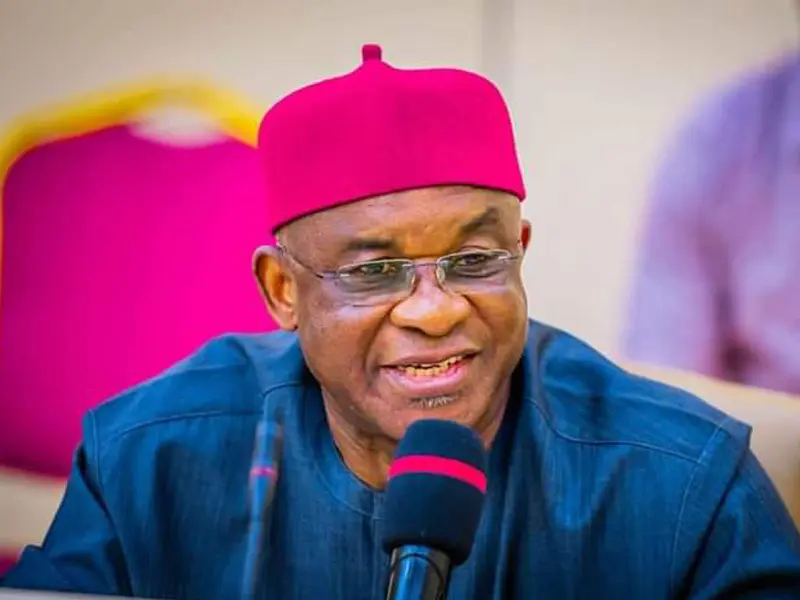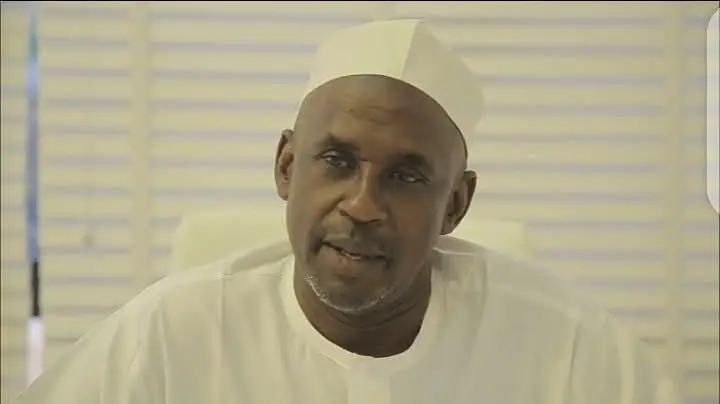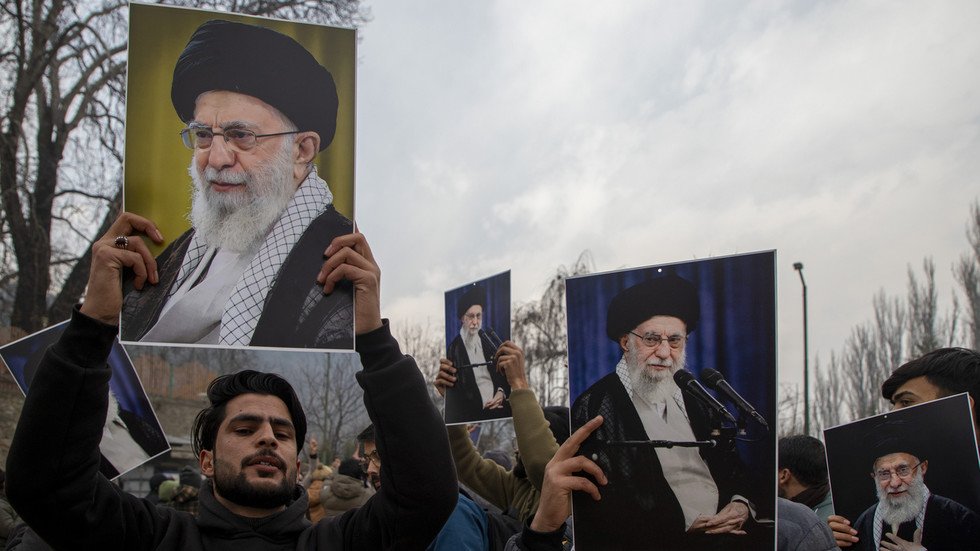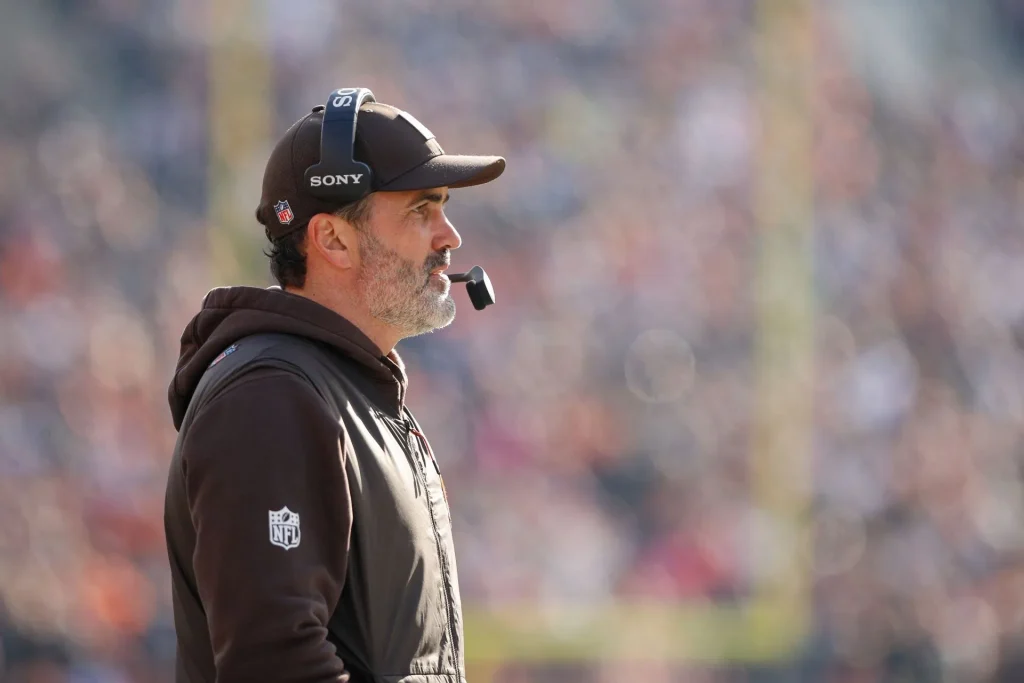The United Arab Emirates has emerged as a significant economic partner in Francophone Africa, complementing traditional actors rather than displacing them. Over the past decade, the UAE has invested over $110 billion in Africa, with a notable focus on Francophone West and Central Africa. This shift coincides with a broader trend of diversification, as governments in the region seek to widen strategic alliances.
In Côte d’Ivoire, the UAE has become a preferred partner for public authorities and private sector actors. The country aims to raise its renewable energy share to 45% of the electricity mix by 2030, with the UAE’s AMEA Power investing in solar plants, including the 81.8 million USD Boundiali solar plant. Political dialogue has also intensified, with Prime Minister Robert Mambe Beugre securing $50 million from the Abu Dhabi Fund for Development and concluding an agreement for the construction of low-cost homes and social housing units.
Senegal and Togo have also consolidated their partnerships with the UAE, with significant investments in infrastructure and renewable energy. In Senegal, the Ndayane Port development, led by DP World, represents one of the country’s largest infrastructure projects, while in Togo, the Sheikh Mohamed Bin Zayed solar plant has become a key facility, supplying electricity to over 158,000 households.
In Central Africa, Chad has become a focal point of Emirati engagement, with the UAE approving a $500 million loan through the Abu Dhabi Fund for Development. Energy has remained a core pillar of cooperation, with AMEA Power developing two solar projects expected to generate between 36 and 60 MW and 120 MW respectively.
The UAE’s engagement in Francophone Africa has also expanded to the Democratic Republic of Congo, where Emirati companies have invested in critical minerals, including a $1.9 billion agreement with the state-owned company Sakima to develop four deposits in South Kivu and Maniema.
These developments illustrate how political dialogue, targeted investments, and expanding private sector initiatives are reshaping economic partnerships in Francophone Africa. As regional strategies evolve, the scope and depth of these engagements will continue to shape economic trajectories and the balance of partnerships across the region. With the UAE’s investments aligned with national priorities centered on modernization, diversification, and long-term economic resilience, the region is likely to see significant economic growth and development in the coming years.



